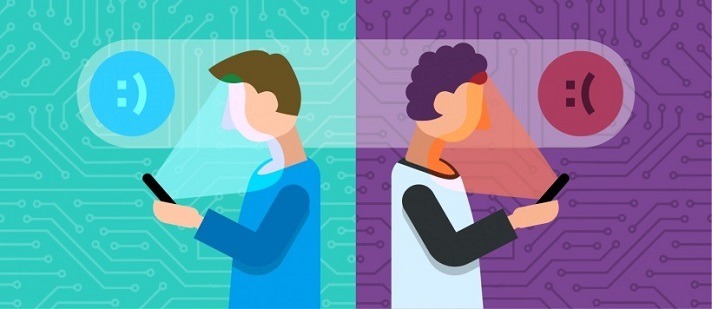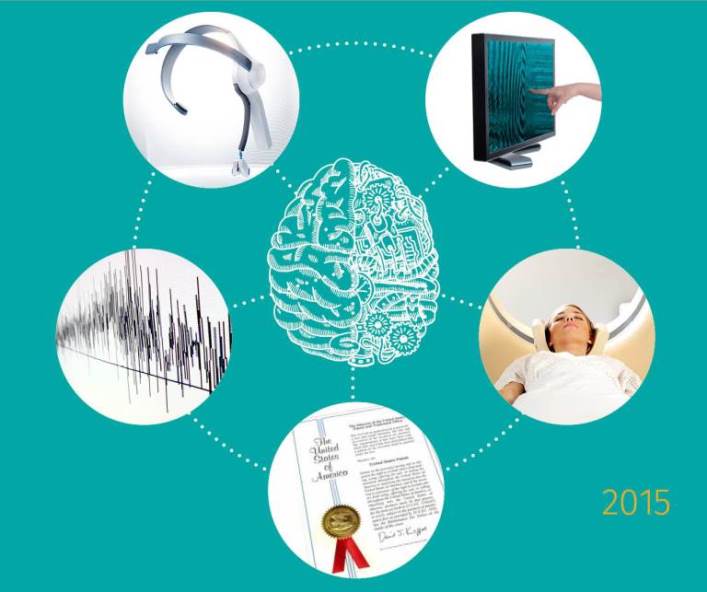Posts Tagged ‘Internet’
Study doesn’t find evidence to link internet access with poorer psychological well-being and mental health
Is the internet bad for mental health? What the latest study really means. (Mashable): … Enter a study published Tuesday by researchers in the journal Clinical Psychological Science, which tried but did not succeed in finding a compelling link between internet access and poor mental health and well-being. Business Insider, for example, declared that the…
Read MoreChallenge ahead: Harnessing technology for good mental health
Making technology an ally in mental health care (Fundación Innovación Bankinter): Interest in using technology for mental health dates back to the mid twentieth century. “Studies began back in the 1960s, given the growing concern about addiction in children (especially) and adults,” clarifies Álvaro Fernández Ibáñez about the beginning of this discipline. Sesame Street, the…
Read MoreEight Tips To Understand and Remember What You Read — Especially As You Read Nonfiction
___ Despite Instagram, YouTube, Facebook, Twitter, and television, (or perhaps precisely because of all of them) traditional reading is still an important skill. Whether it is magazines, professional manuals or fascinating books, people still need to read, now and in years ahead. And much of it is nonfiction material, where it’s important to really understand…
Read MoreIs your smartphone frying your brain? (Nope…but we better prevent constant distractions)
—– Is Your iPhone Really Frying Your Brain? Five Things You Need To Know (Forbes): “…since the announcement of the first iPhone ten years ago this week, concerns about devices turning their users into mindless drones seem to have reached a fever pitch. So is the internet really bad for your brain? Here’s what we…
Read MoreRetooling brain health care with pervasive, inexpensive, data-driven digital technologies
—– While sophisticated neuroimaging techniques such as fMRI (functional magnetic resonance imaging) provide a significant boost in our understanding of the brain — and research studies constantly reported all over the media — they are very costly. This makes it difficult to reach the mass scale required to conduct meaningful research and to improve the brain health…
Read MoreHow to improve memory skills and remember what you read: Beyond phonics and “whole language”
Despite the increasing visual media we are increasingly exposed to, reading is still an important skill. Whether it is school textbooks, online newspapers or regular books, people still read, though not as much as they used to. One reason that many people don’t read much is that they don’t read well. For them,
Read More




